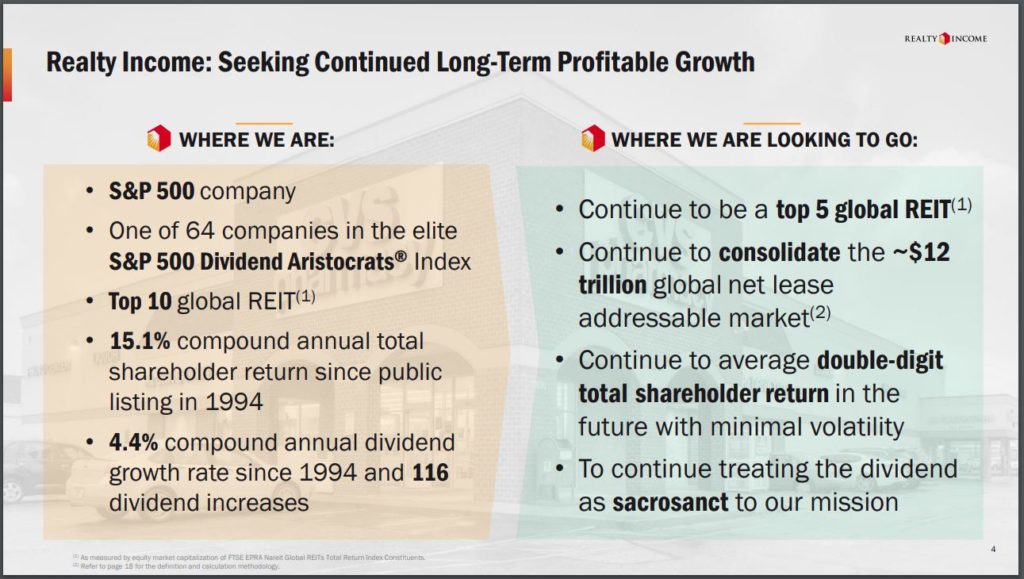Exploring the importance of business interruption insurance in 2025, this introduction sets the stage for a detailed discussion on how this type of insurance can protect businesses from unforeseen events and ensure financial stability.
As we delve deeper into the topic, we will uncover key insights into the significance of business interruption insurance and its role in maintaining business continuity in the face of unexpected disruptions.
Importance of Business Interruption Insurance
Business interruption insurance plays a crucial role in safeguarding businesses from financial losses due to unforeseen events that disrupt normal operations.
Protecting Lost Income
Business interruption insurance helps cover the income that a business would have earned if it had been able to operate normally. This can include expenses such as rent, payroll, and other ongoing costs.
Ensuring Business Continuity
By providing financial support during a disruption, business interruption insurance helps ensure that a business can continue operating and avoid permanent closure. This is essential for maintaining business continuity and preserving jobs.
Coverage for Various Events
- Natural disasters such as hurricanes, earthquakes, and floods
- Fire damage that forces temporary closure
- Utility failures like power outages
- Acts of terrorism or civil unrest
Factors Influencing Business Interruption Insurance Needs

Business interruption insurance needs are influenced by various factors that can vary based on the size, nature, regional location, and industry of a business. Understanding these factors is crucial in determining the necessity of having this type of insurance.
Size and Nature of a Business
The size and nature of a business play a significant role in determining the need for business interruption insurance. Larger businesses with complex operations and higher revenue streams are more susceptible to significant financial losses in the event of a disruption.
Similarly, businesses that rely heavily on physical locations, specialized equipment, or key employees are at higher risk and may benefit greatly from having business interruption insurance in place.
Regional Considerations
Regional factors such as natural disasters, political instability, and economic conditions can greatly impact the importance of business interruption insurance. Businesses located in areas prone to earthquakes, hurricanes, or other disasters may face higher risks of interruptions to their operations.
Similarly, businesses operating in politically volatile regions or areas with unstable economies may find it essential to have insurance coverage to protect against unforeseen disruptions.
Industry Insights
Certain industries are more vulnerable to business interruptions than others and can benefit greatly from having business interruption insurance. For example, businesses in the hospitality industry, such as hotels and restaurants, are highly dependent on continuous operations and are at risk of significant financial losses if they are forced to close temporarily.
Similarly, manufacturing businesses that rely on complex supply chains or specialized equipment may face challenges in resuming operations quickly after a disruption, making business interruption insurance a valuable asset.
Trends and Changes in Business Interruption Insurance by 2025

In the ever-evolving landscape of business interruption insurance, several trends and changes are expected to shape the industry by 2025. These developments are influenced by advancements in technology, regulatory updates, and the evolving business environment.
Impact of Technology Advancements
Technological advancements are revolutionizing the way businesses operate, presenting both opportunities and challenges for business interruption insurance. With the increasing reliance on digital infrastructure and cloud-based systems, the risk of cyber-attacks and data breaches has become a significant concern for businesses.
As a result, there is a growing need for specialized coverage to protect against these emerging risks. Insurers are adapting their policies to address cyber threats and provide comprehensive coverage for technology-related disruptions.
Regulatory Changes and Policies
Changes in regulations and policies can have a profound impact on the business interruption insurance landscape. As governments recognize the importance of ensuring business continuity in the face of unforeseen events, new regulations may be introduced to mandate or standardize insurance coverage.
For example, in response to the COVID-19 pandemic, some jurisdictions have proposed legislation to clarify coverage for pandemics and other systemic risks. These regulatory changes can influence the types of coverage available and the scope of protection offered by insurers.
Evolving Business Environment
The business environment is constantly evolving, driven by factors such as globalization, climate change, and economic fluctuations. These changes can create new risks and challenges for businesses, underscoring the importance of updated insurance coverage. For instance, as supply chains become more interconnected and globalized, businesses are exposed to supply chain disruptions that can have far-reaching consequences.
Insurers are developing innovative solutions to address these evolving risks and provide tailored coverage to meet the specific needs of different industries.
Final Thoughts
:max_bytes(150000):strip_icc()/business-interruption-insurance-186783504-dc2ed469d7a84fa682ff2ebb229b1efb.jpg?w=700)
In conclusion, understanding the crucial role of business interruption insurance in 2025 is vital for businesses looking to thrive in an ever-evolving landscape. By staying informed and prepared, businesses can mitigate risks and secure their future success.
Questions and Answers
What events does business interruption insurance typically cover?
Business interruption insurance usually covers events like natural disasters, fires, equipment breakdowns, and other unforeseen circumstances that lead to business disruptions.
How do advancements in technology impact business interruption insurance by 2025?
Advancements in technology may lead to more tailored insurance solutions, better risk assessment capabilities, and improved claims processing efficiency in the business interruption insurance sector by 2025.
Which industries are likely to benefit the most from having business interruption insurance?
Industries prone to supply chain disruptions, like manufacturing and retail, as well as service-based industries heavily reliant on physical locations, such as hospitality, are likely to benefit the most from having business interruption insurance.




